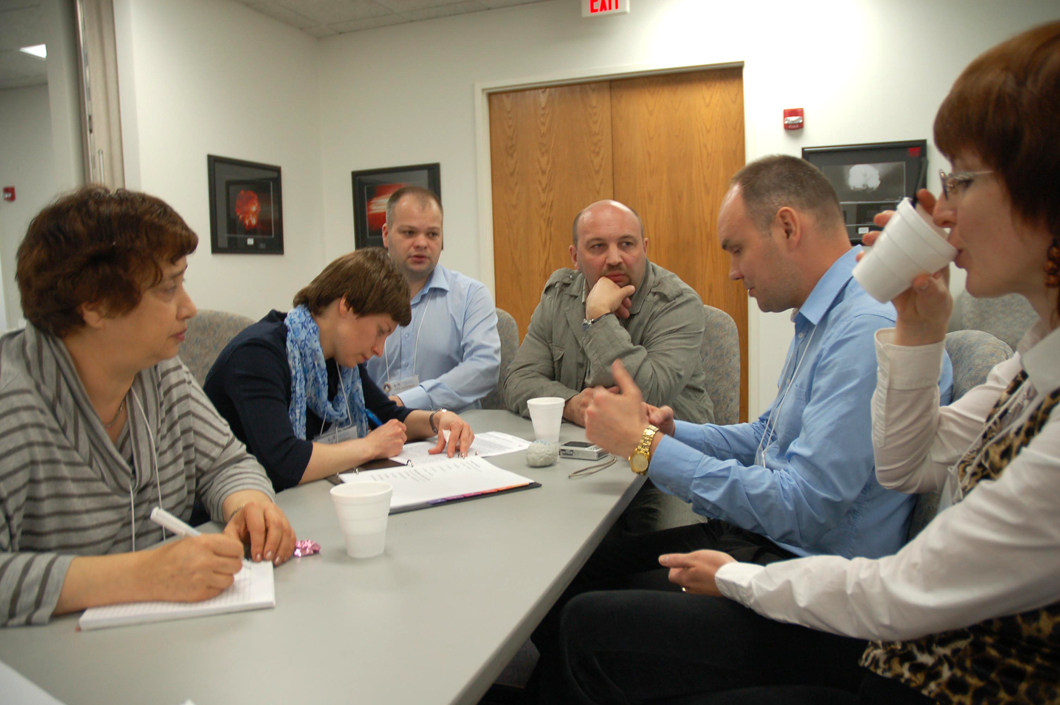OAK RIDGE, Tenn. -- Many of the components of President Barack Obama's health care plan are similar to the health care system in Russia, say Russian doctors touring East Tennessee.
"From our point of view, it's the right approach," Aleksander Yermakov said.
But another Russian doctor on a weeklong tour of East Tennessee, Olga Martinova, begs to differ. There are a "lot of deficiencies" in the Russian medical system, she said.
The five doctors are participants in the Open World exchange program sponsored by the U.S. Congress that included tours of hospitals and clinics in Knoxville and Oak Ridge as well as sightseeing and visits to tourist attractions.
Working Russians pay a 4 percent income tax through their employers to cover health care for everyone, one doctor said.
"You show a card, and you get medical care," cancer surgeon Konstantin Pakhomenko said. There's no charge for treatments, he said.
The Russian system has its problems, said internist Martinova.
"Not every patient is satisfied," she said, speaking through an interpreter. "If you go to a family doctor, there are always long lines. Doctors don't have a lot of time, even in emergency situations."
Another drawback, she said: Because medical care is free, patients often don't take it seriously.
Patients on occasion ignore doctors' advice and take medicine because it helped their neighbor. "Sometimes, it's really absurd," she said.
When asked if doctors in Russia are well-paid, several of the doctors responded in unison: "Nyet," meaning "No."
Pakhomenko said he's "surprised that 10 percent of Americans don't have [health care] insurance or good medical care."
Eye doctor Nadia Oblovatskaya said during her U.S. visit, she encountered "a huge gap between [health care] coverage for wealthy people and poor people."
"The [American] society is divided," she said. "In Russia, medical services are provided not on how wealthy or poor you are."
Americans, she said, "worry a lot about the future, their health, about everything in general."
"I can feel it everywhere."
"The common bond between Tennessee physicians and our Russian colleagues was that we all care about providing quality, cost-effective care for the patients we see in tough economic times for health-care financing," said Oak Ridge physician Ken Luckmann, who helped coordinate the visit.
The Supreme Court in June is expected to rule on the constitutionality of the Patient Protection and Affordable Care Act, referred to by critics as Obamacare.
Contact Bob Fowler at fowlerb@knoxnews.com or 865-481-3625.

